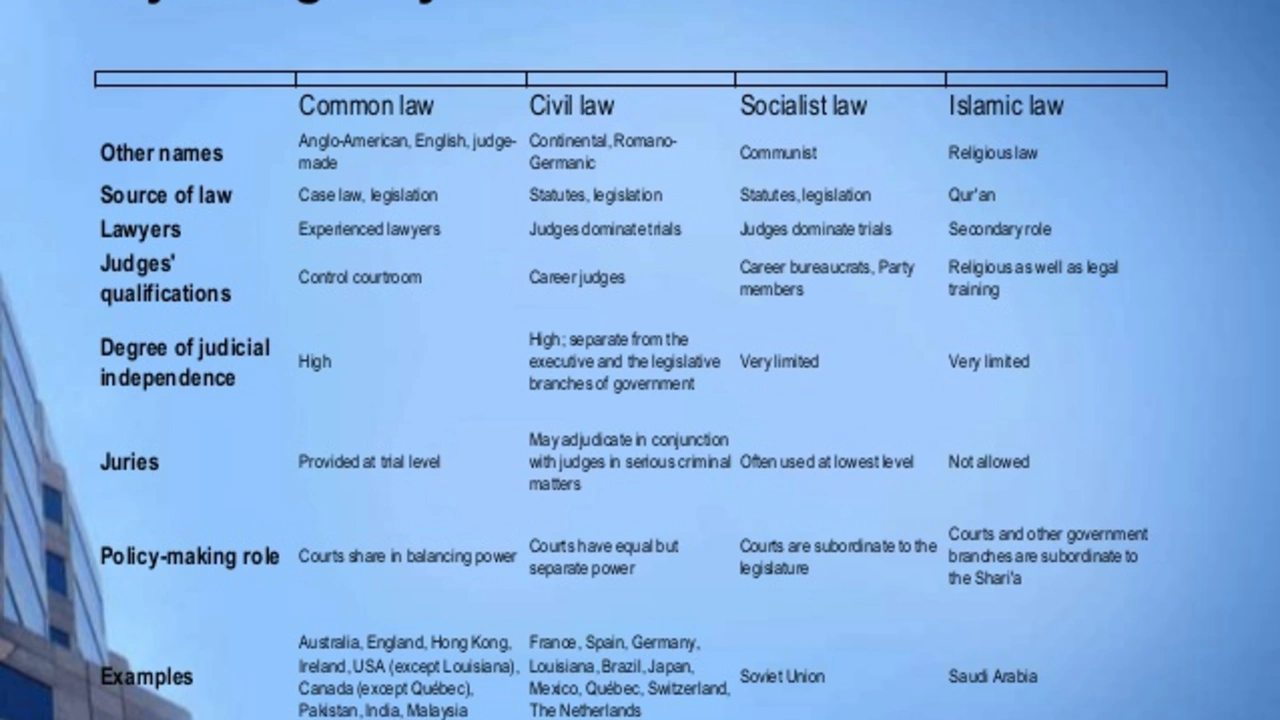Law and Medicines: What You Need to Know When Buying Drugs Online
Buying medicine online is convenient, but the legal side matters. Rules cover prescriptions, imports, controlled substances, advertising claims, and data privacy. Know the basics so you avoid fines, unsafe products, or blocked shipments.
Who makes the rules? National regulators set the main laws for medicine safety and prescription requirements. Customs agencies and postal services enforce import limits. On top of that, privacy laws like GDPR control how sites handle your health data.
Quick checks before you order
Is the pharmacy licensed? Look for registration numbers and a physical address. Can they fill your prescription only after you upload a valid script? If they sell restricted drugs without a prescription, that’s a red flag. Check independent reviews and note how fast they respond to questions.
Does the site show clear product info and expiry dates? Legit pharmacies list active ingredients, doses, side effects, and interactions. If information is missing or vague, don’t risk it.
Prescription rules, imports, and controlled drugs
Most countries require a valid prescription for antibiotics, strong painkillers, and many psychiatric meds. Import rules vary: some places allow a personal supply for a limited time, others ban certain medicines entirely. Controlled substances often face strict limits or are illegal to import without special permits.
If customs seizes a package, you may face fines or have the meds destroyed. That’s why checking your local rules before ordering matters more than price savings.
What about liability? Pharmacies must follow safety standards. If you receive counterfeit or harmful products, report them to your regulator and your credit card company. Keep order receipts, packaging, and any lab reports if available.
Privacy and GDPR: health data is sensitive. A trustworthy site explains what data it collects, why, and how long it keeps it. It should offer ways to access, correct, or delete your data. If a site lacks a clear privacy policy or refuses data requests, consider it unsafe.
How to protect yourself right now: use licensed pharmacies, insist on prescriptions, avoid sites with unrealistic claims, check privacy and refund policies, and pay with traceable methods. Don’t share more health info than necessary.
Need help? Medisave.SU has pages on GDPR, Terms of Service, and how to contact us if you find questionable sellers or need guidance. You can also report suspicious pharmacies to your national medicines regulator and ask your doctor for safer sourcing advice.
Following basic legal checks saves time, money, and your health. Stay cautious, ask simple questions, and choose pharmacies that show licensing, transparent product info, and clear privacy practices.
Well folks, let's dive into a topic that's as fascinating as it is important - leprosy, and how the law protects our buddies who are affected by it. Now, I know what you're thinking - "Leprosy?! Isn't that from the olden days?" You're right, but it’s still around and it’s a serious matter. The good news? The law has got their backs! It ensures their rights aren't trampled on, like ensuring access to treatment and protection from discrimination. So, while leprosy might sound like a medieval issue, it's very much a modern day concern for law and human rights. That's our legal system, always ready to joust for justice!

